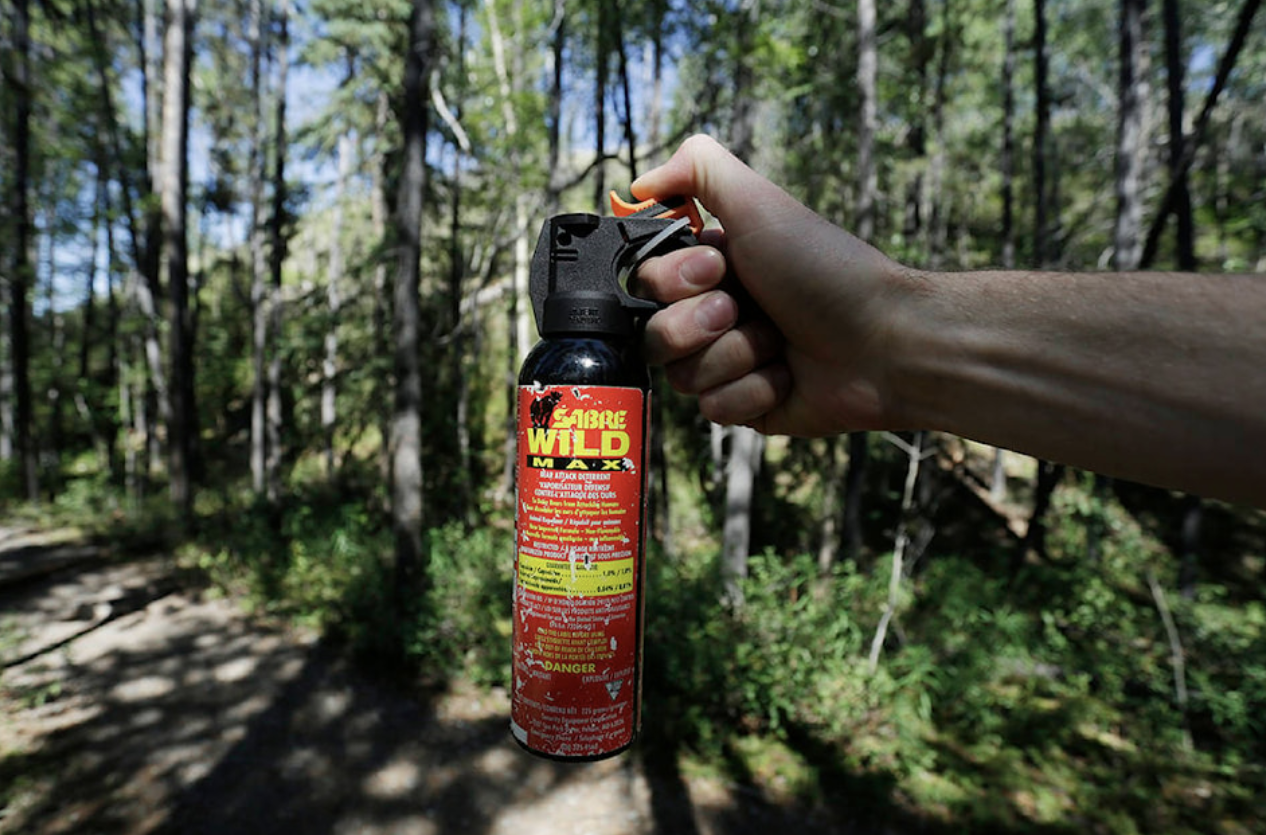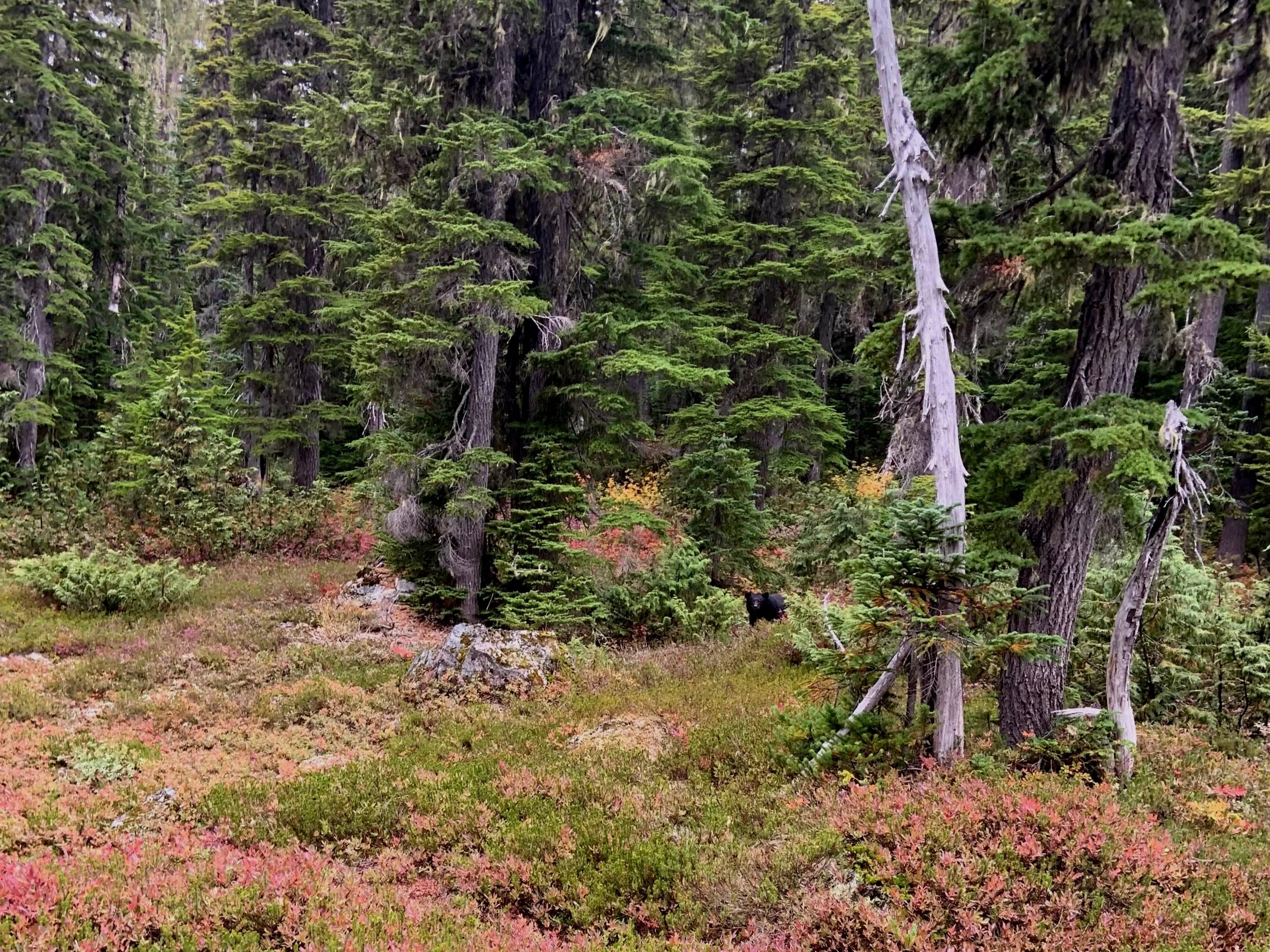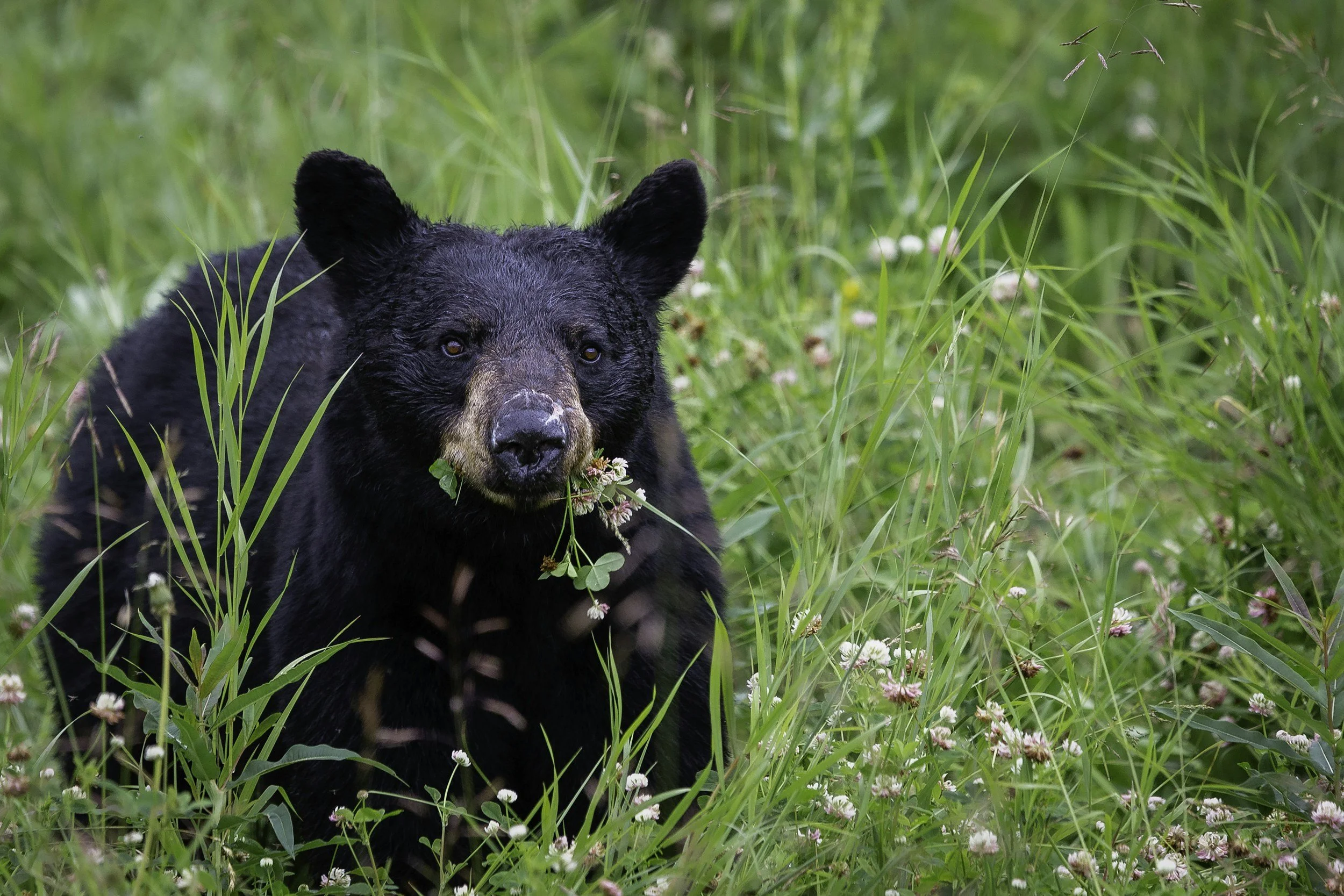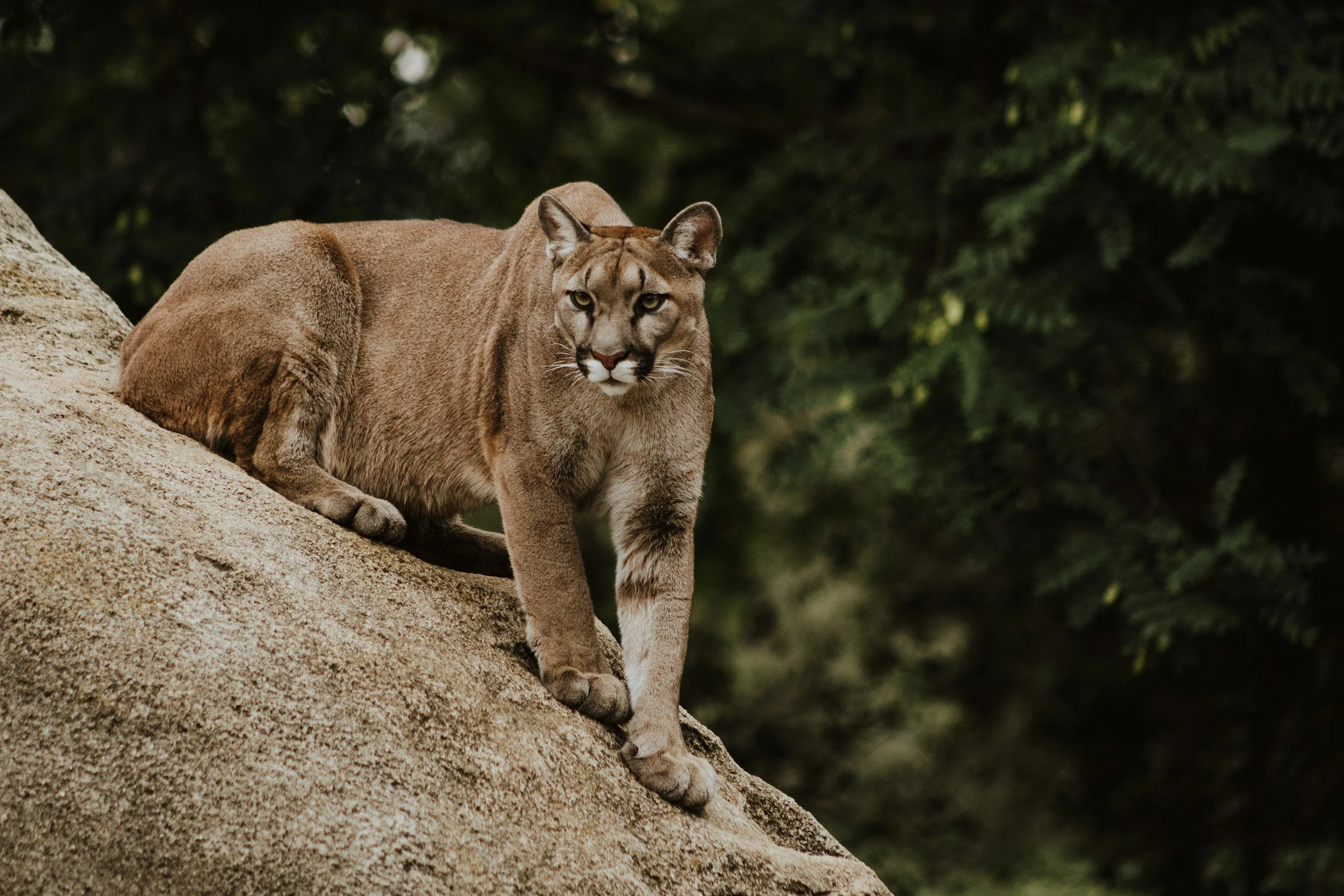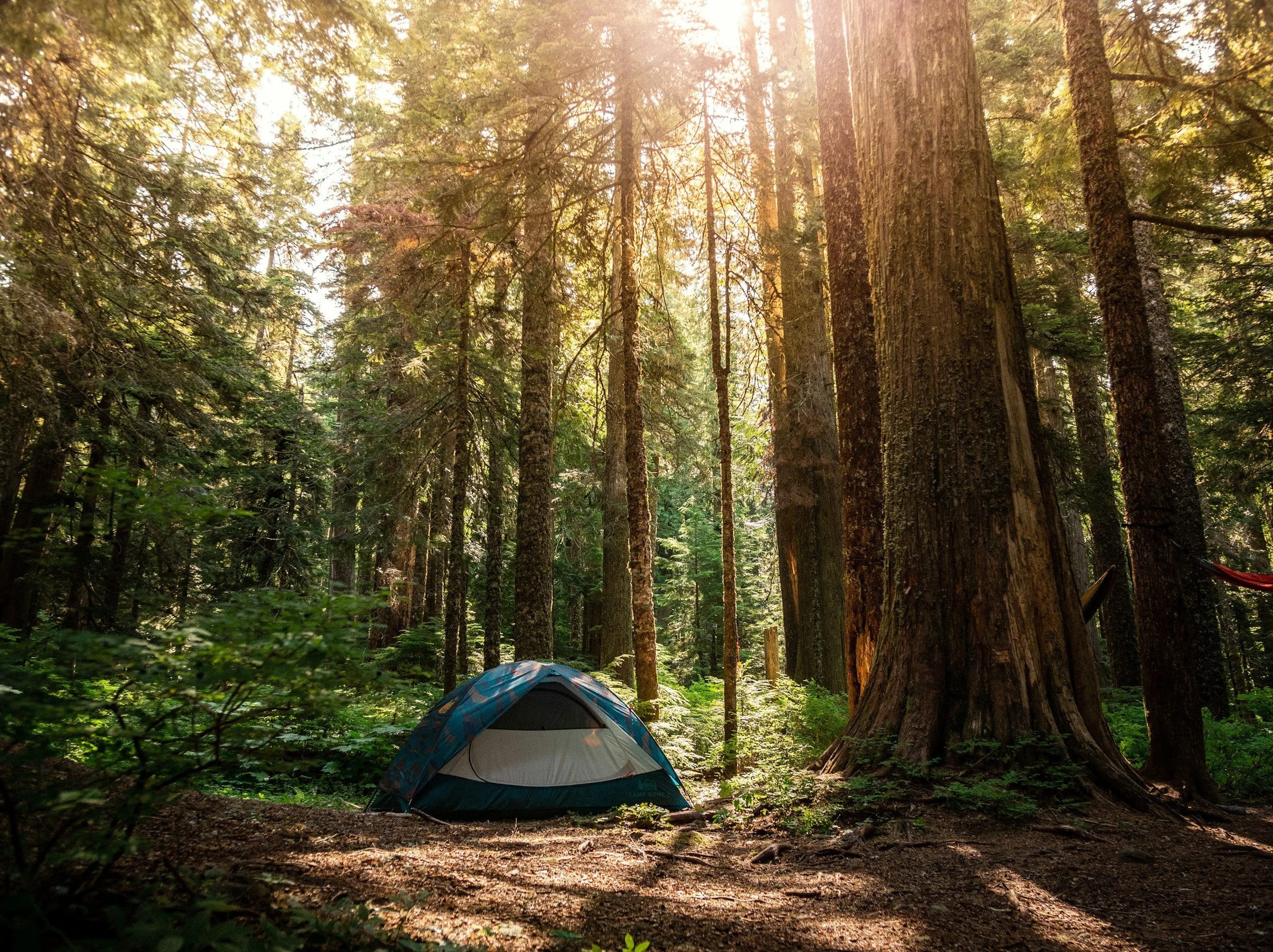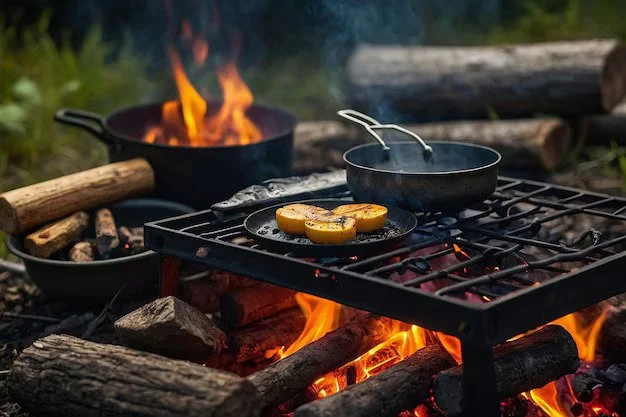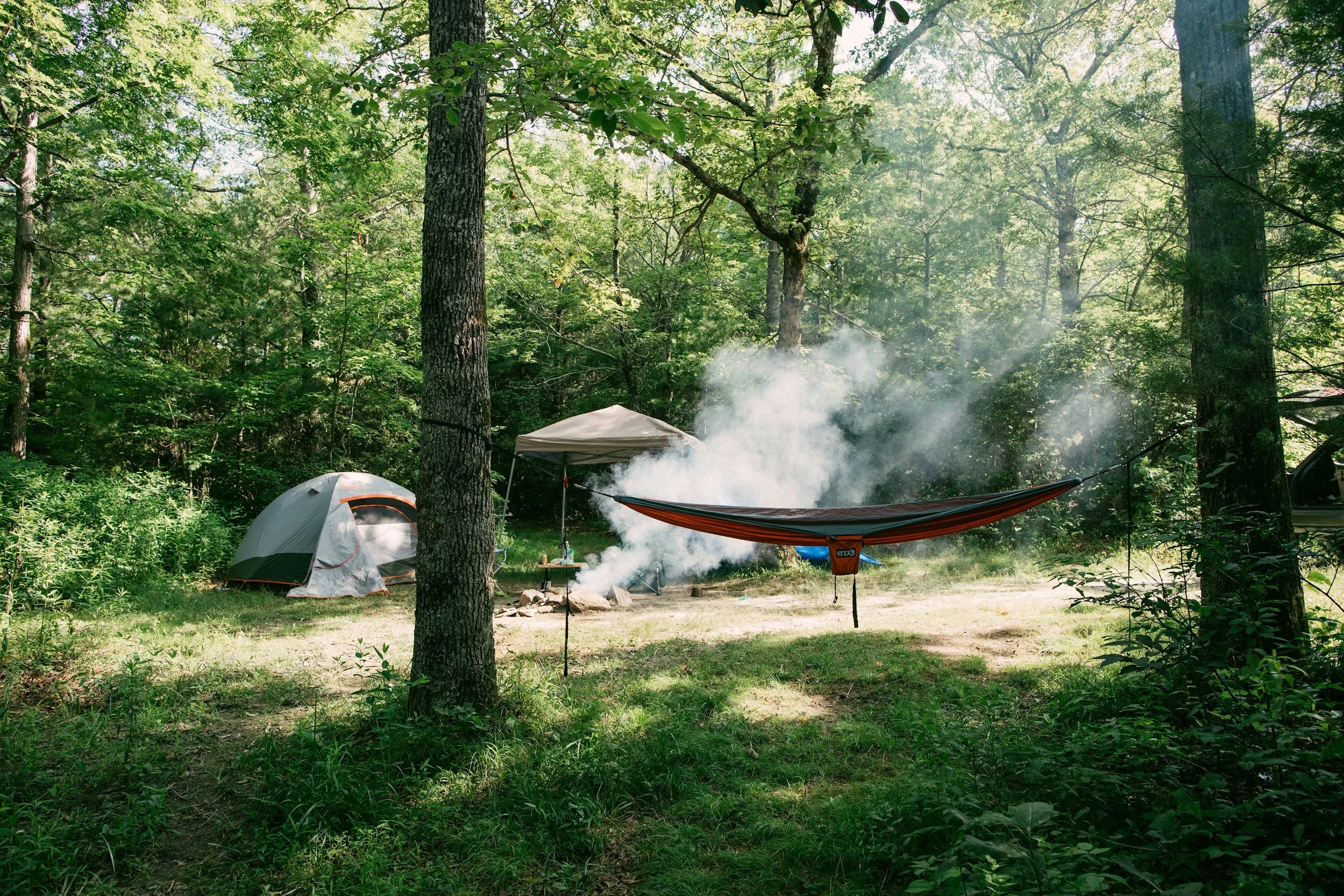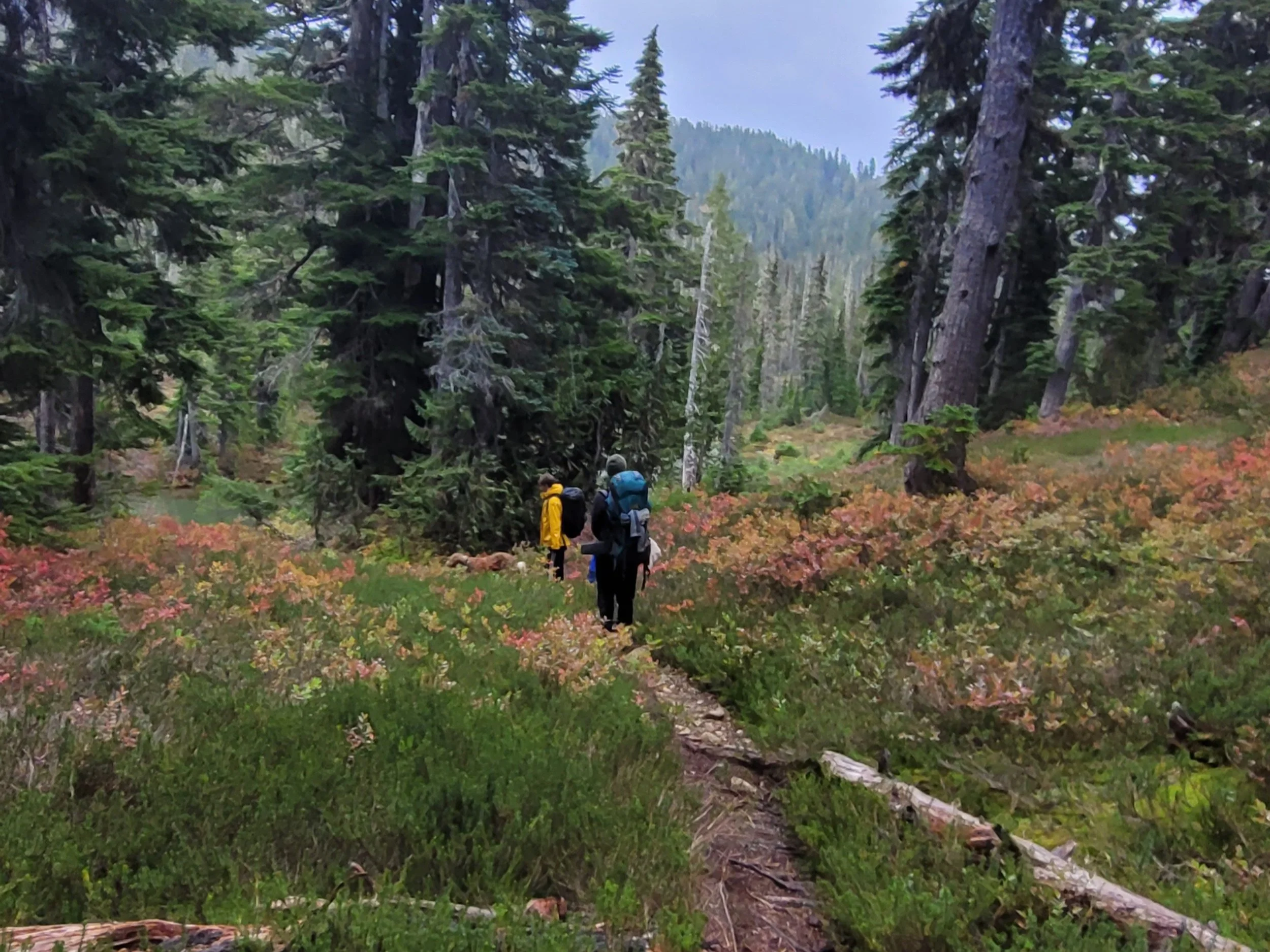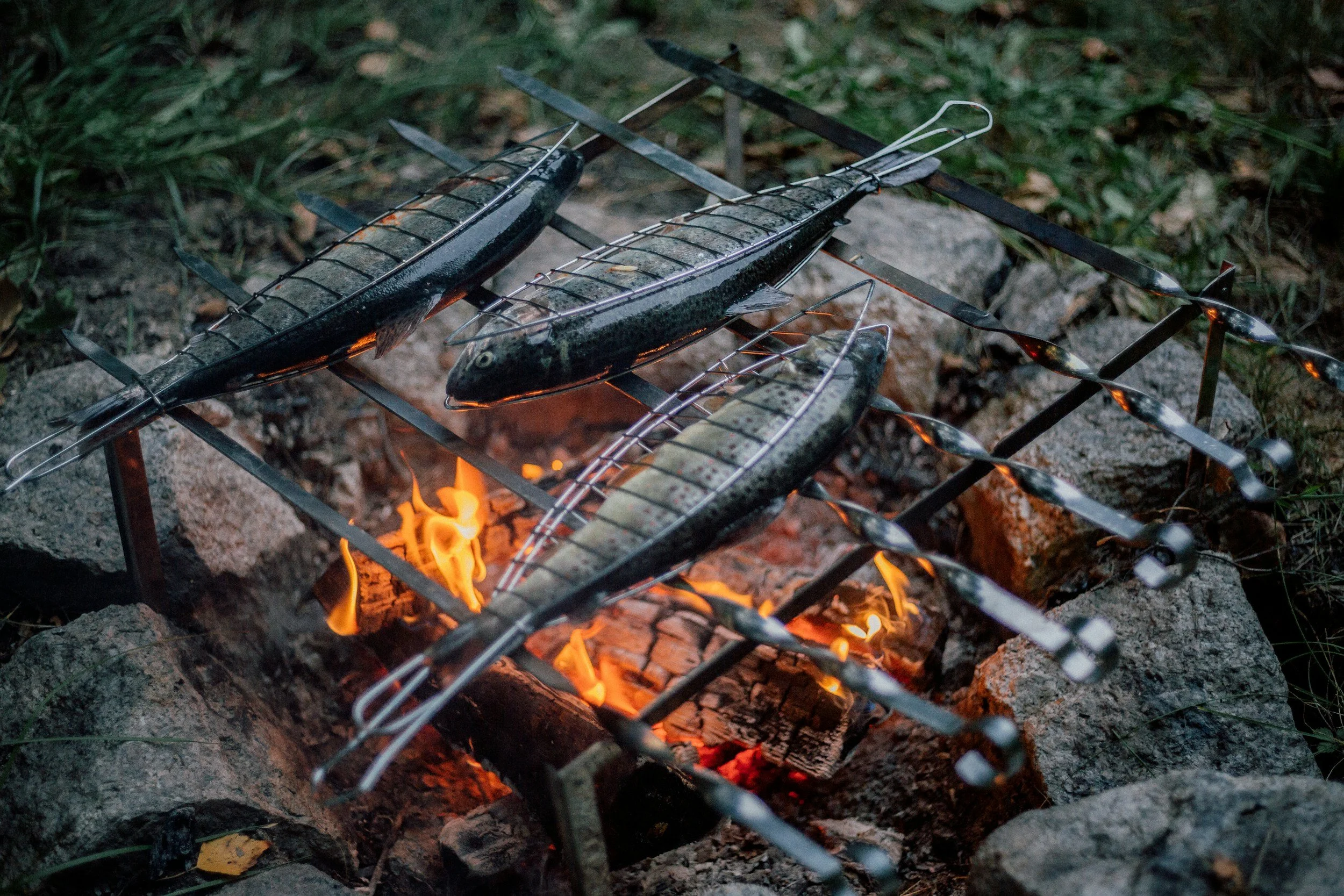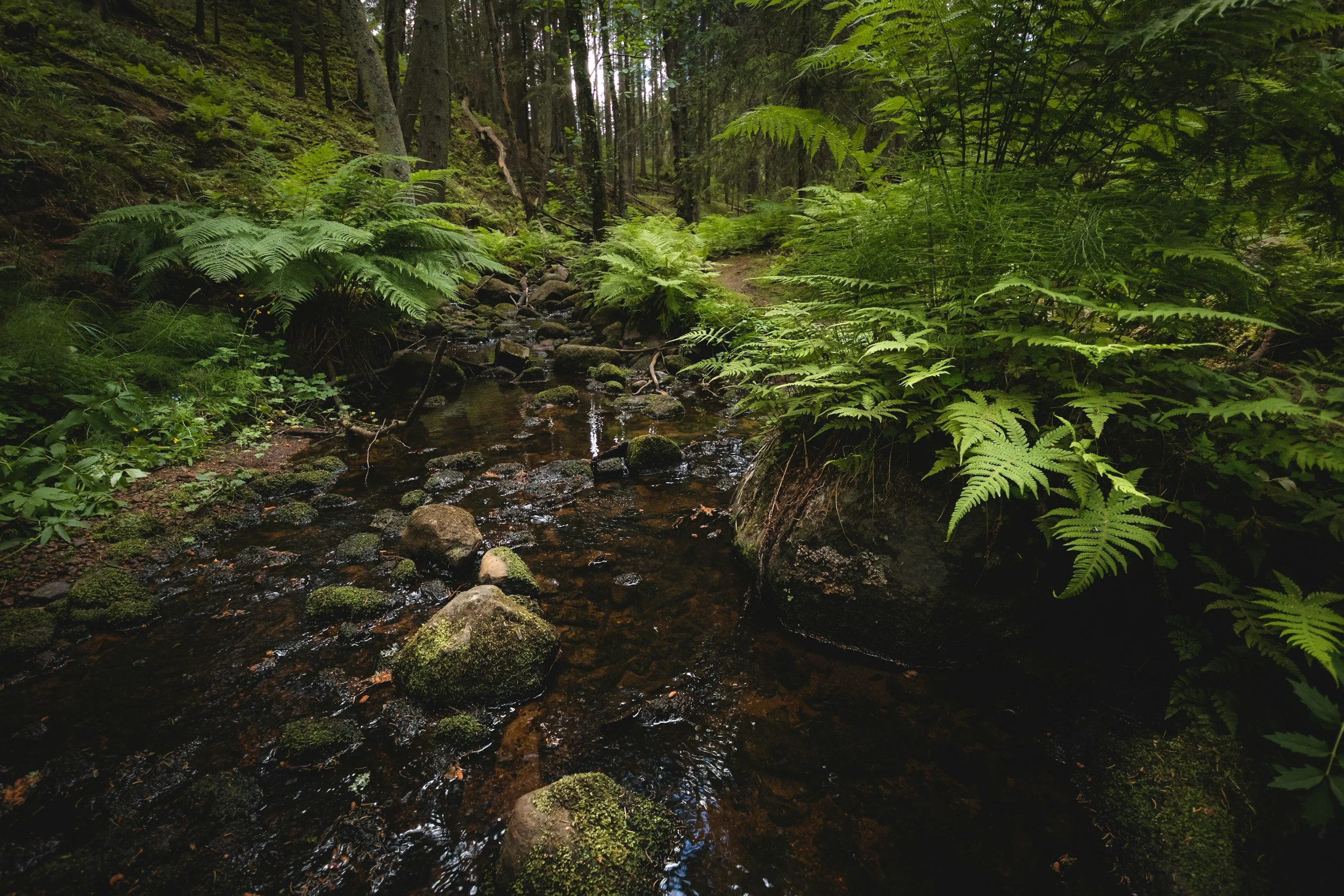13 Safety Tips for Camping in Bear and Cougar Territory
When venturing into bear and cougar country, preparation and awareness are key to staying safe. Here are 13 safety tips:
Avoid Scented Products
Before heading into the backcountry, avoid using perfumes, scented deodorants, or fragranced detergents on your clothing, as these scents can attract wildlife.
Carry Bear Spray and Know How to Use It
Bear spray is an essential defense tool. Keep it easily accessible, know how to use it, and practice removing the safety clip quickly. Bear spray in the bottom of your bag might as well not be packed.
Stay Alert at Dawn and Dusk
These are peak activity times for both bears and cougars. Be extra vigilant when hiking or setting up camp during these hours.
Know How to React to a Bear Encounter
If you see a bear, remain calm. Back away slowly while facing the bear, avoid direct eye contact, and do not run. Running may trigger a chase response. In the event that a bear charges, fight back if it is a black bear. If it is a brown bear, DO NOT fight back. Curl up in a ball on the ground and play dead, keeping your backpack between you and the bear.
Know How to React to a Cougar Encounter
Unlike bears, cougars are ambush predators. If you encounter one, make yourself look as big as possible, maintain eye contact, and back away slowly. Never turn your back or crouch down. If the cougar doesn’t retreat, be prepared to fight back.
Follow the Safety Triangle for Camping
Set up your sleeping area, cooking area, and food storage in a triangle formation, at least 100 yards apart if possible. Cooking should ideally be downwind from camp.
Store Food Properly
Use bear-proof canisters or hang food at least 12 feet high. Solitary trees with a 10 ft distance from another tree are a best choice. Never store food in your camp.
Keep a Clean Camp
Dispose of food scraps properly, pack out all trash, and avoid leaving any scented items like toothpaste or lotions in your camp. This practice also helps subsequent campers in the area.
Travel in Groups
Larger groups make more noise and are far less likely to be approached by predators. Solo hikers are at a higher risk.
Avoid Cooking Strong-Smelling Foods
Bacon, fish, and other strong-smelling foods can linger in the air and attract predators. Opt for more neutral-scented meals.
Be Extra Cautious Near Water Sources
Animals frequent rivers, lakes, and streams, especially at dawn and dusk. Avoid setting up camp right next to water where visibility is low.
Bear Bells?
Bear bells are often ineffective at notifying animals of your presence since their sound blends into the ambient noise of the forest. Instead, using your voice—talking or calling out occasionally is more effective at alerting wildlife to your presence. Bear bells dont hurt to bring along, but they have been found to be not as effective deterrents.
Our Pro Tip: Mask Odors with Pine-Sol
Soak a paper towel in Pine-Sol, seal it in a Ziploc bag, and store it in your backpack. As you start your hike, crack the ziplock bag. This helps mask food and scent odors from your pack.
I quite enjoy the scent as well however some would beg to differ. If you want to go a step further, spray your bag with pine sol prior to your hike. When in bear territory in groups I always bring a small spray bottle and spray items in our camp prior to sleep. I have never had a bear encounter at night to date.
By following these tips, you can significantly reduce the risk of wildlife encounters and stay safe while enjoying the backcountry. Stay aware, stay prepared, and respect the wild!


